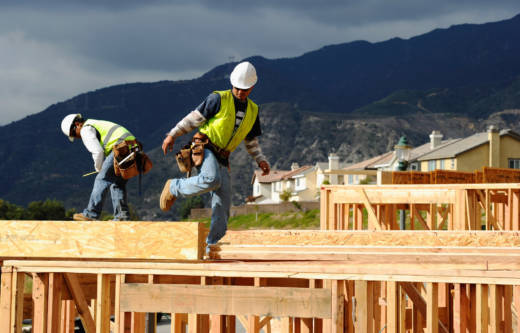Los Angeles Mayor Eric Garcetti's plan to raise millions of dollars for affordable housing by charging a new fee on real estate development looks like a foregone conclusion, says the head of the area's largest trade group for builders.
"This one's a freight train," said Randy Johnson, president of the Los Angeles/Ventura chapter of the Building Industry Association. "The mayor really wants it and there’s no one on the City Council that is going to go against it that I know of."
The mayor, who first proposed the fee in fall 2015 as a way to fund the much-needed production of below-market-rate housing, brought up his proposal again in his State of the City address last week. Garcetti urged the City Council to pass the fee "and do it now."
The proposal is reviving a debate over whether developer fees lead to more affordable housing or discourage housing development in the city. There may not be consensus on that issue, but most agree that there's an urgent need to address affordable housing in Los Angeles, where many spend over 50 percent of their income for a roof over their heads.
